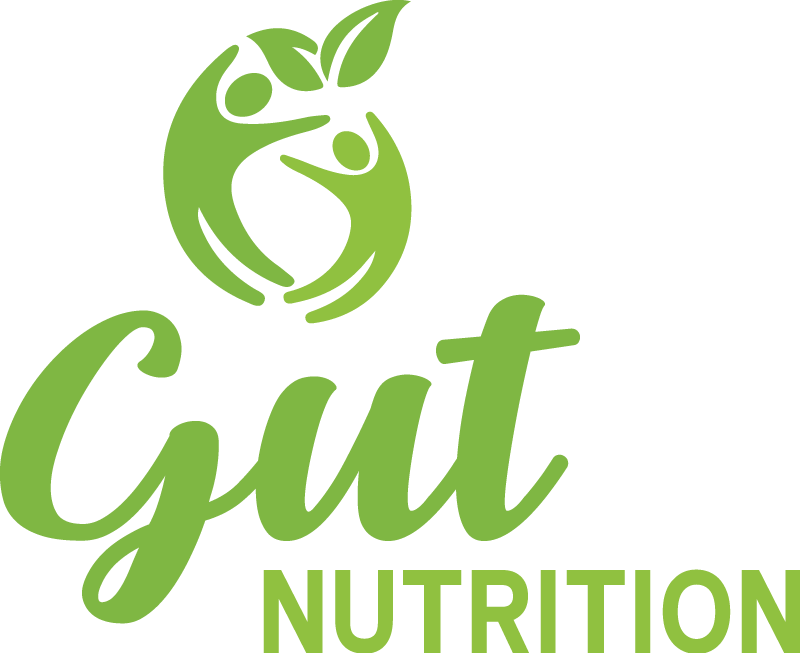
how we can support you
Newly diagnosed with crohn’s disease or ulcerative colits?
After receiving a diagnosis of IBD you likely have a lot of unanswered questions about food. What can I eat? What should I avoid? Will this or that food affect my symptoms? Can I drink alcohol? Should I be following a special diet such as the specific carbohydrate diet (SCD), the GAPS diet, paleo, an anti-inflammatory diet, to name a few?
Gut Nutrition can help answer your food and nutrition questions and provide you with guidance to help you optimise your nutrition from food.
Exclusive Enteral nutrition for active Crohn’s disease
Enteral nutrition, or liquid nutrition supplements, can be used to reduce gut inflammation when Crohn’s disease is active. Exclusive enteral nutrition (EEN) is a treatment commonly used with children instead of corticosteroids to induce disease remission because it has limited side effects. For adults, exclusive enteral nutrition is used with people who want a non-drug approach to reduce symptoms and achieve disease remission. It can be used in conjunction with other medications including pentasa, azathioprine, 6-mercaptopurine and/or biologics.
Treatment with exclusive enteral nutrition requires you to stop eating usual foods for 6 - 8 weeks and drink the enteral nutrition formula as your only nutrition. It may not appeal to everyone but if you can manage to stick to the treatment 70 - 80% of people will be in remission after 6 - 8 weeks and start to feel better within the first two weeks.
Gut Nutrition can support you to use exclusive enteral nutrition. The enteral formula is provided on prescription and is fully or partially subsidised depending on which formula you drink.
whole food diets for active crohn’s disease
If exclusive enteral nutrition does not appeal to you there is now research which suggests that a diet of enteral nutrition alongside a special diet, the Crohn’s disease exclusion diet (CDED), can also reduce gut inflammation and induce remission in patients with active Crohn’s disease.
bloating, tummy pain, diarrhoea, constipation, reflux but your IBD is in remission?
At least one third of people with IBD report on-going symptoms despite their disease being in remission. These symptoms are related to how your gut functions when it is not obviously inflamed. Diet and lifestyle changes can help you to manage these symptoms. If you have already tried first line strategies then a trial of the low FODMAP diet may help you to gain more control of these symptoms. The low FODMAP has been shown to help people with IBD. The low FODMAP diet is a three stage process of elimination, re-introduction and maintenance. Research shows that 70% of people have significant improvements in their symptoms if they trial the low FODMAP with support from a dietitian.
eating well with ulcerative colitis or crohn’s disease
Many people living with ulcerative colitis or Crohn’s disease are fearful of eating certain foods because they are worried it will affect their bowel function. Working with Gut Nutrition will help you to address these concerns and enable you to feel more CONFIDENT to increase the variety and quality of your diet. Eating a healthy and varied diet is beneficial for your gut microbiome, makes eating out and socialising with friends and family more ENJOYABLE and can improve your mood.
Before and after surgery nutrition care
Many people with IBD will need to have surgery to remove part of their bowel at some stage in their life. If you need non-urgent bowel surgery optimising your food and nutrition prior to surgery can have many benefits including reducing your risk of surgery related complications. Gut Nutrition can work with you to adapt and improve the nutritional quality of your diet, or use exclusive enteral nutrition, in preparation for surgery. Gut Nutrition can also support you to return to eating a varied and healthy diet after surgery.
Pregnancy and IBD
Eating a varied and healthy diet is important when trying to conceive and while pregnant. Sometimes inflammatory bowel disease symptoms can make it challenging to eat well while trying to get pregnant. Gut Nutrition can help guide you through how to meet the nutrition needs of your baby and yourself. If IBD symptoms do flare during pregnancy, nutritional therapies that can be used to treat a flare and help get you back into remission.

Gut Nutrition can help answer your food and nutrition questions and provide you with guidance to help you optimise your nutrition from food.
Roles for food and nutrition in the management of inflammatory bowel disease.
A talk at the Canterbury branch of Crohn’s and Colitis NZ support group meeting (May 2021).

